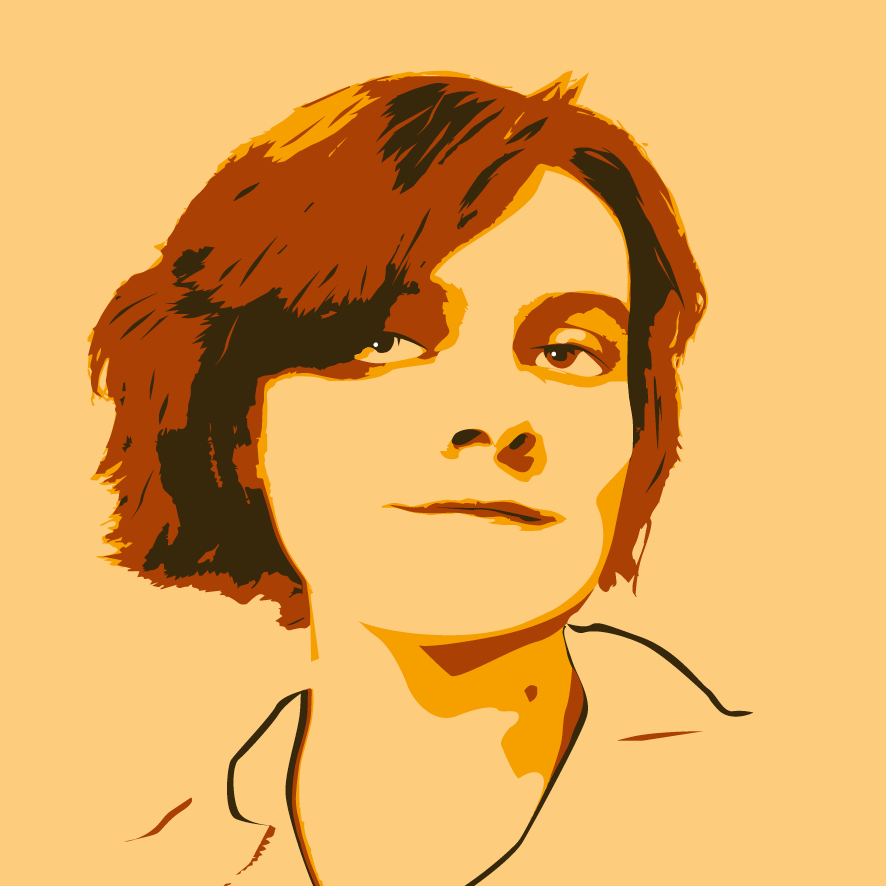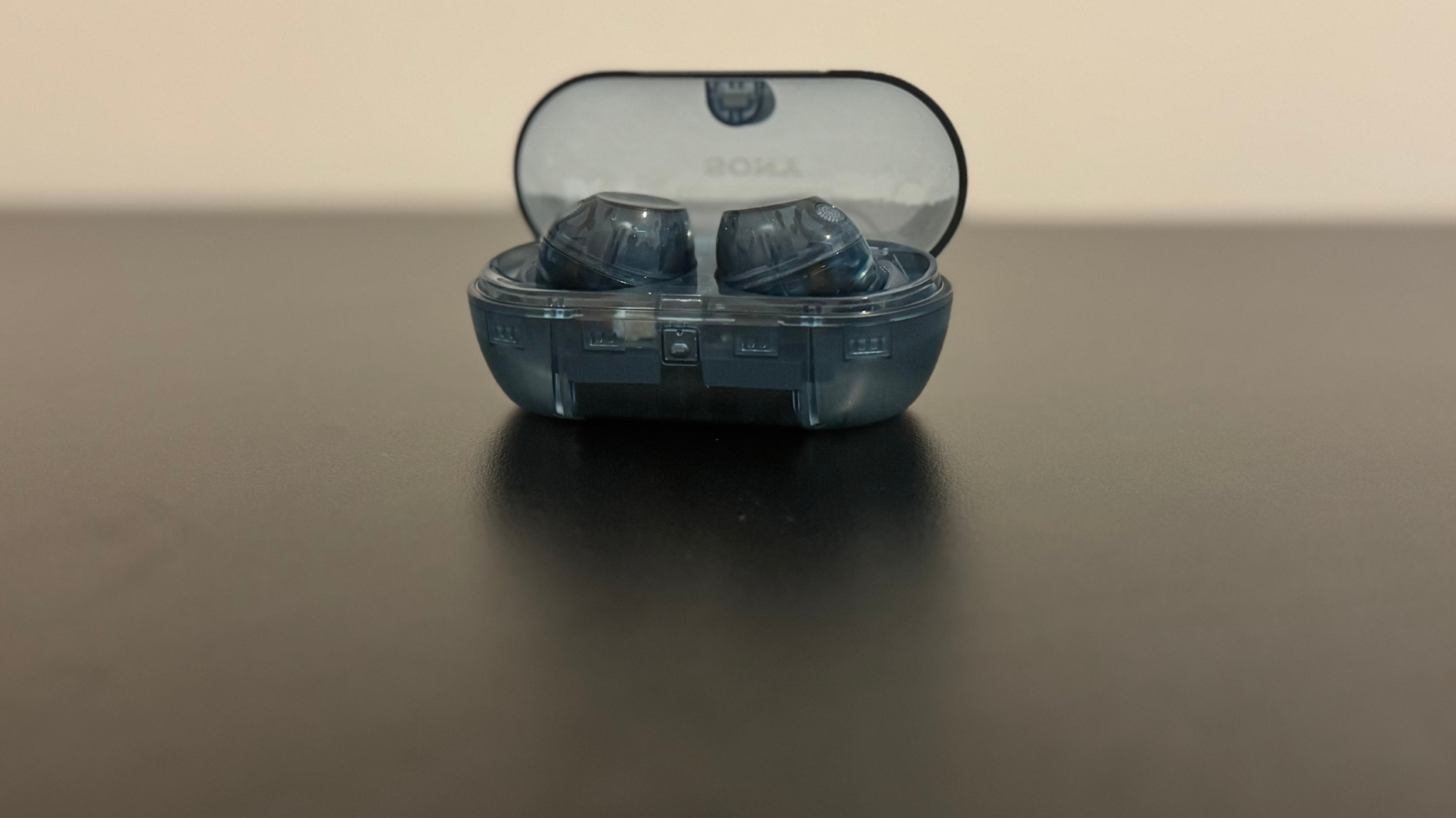Valorant wants more women and 'minority genders' competing at its highest levels
The VCT Game Changers initiative aims to foster a more diverse esports scene.
Riot has introduced a new "VCT Game Changers" initiative to encourage more women and "minority gender" players into Valorant's pro scene.
Announced this week, the Game Changers program consists of two initiatives aimed at making Valorant's Champions Tour more welcoming to non-male players. The first, a VCT Game Changers Series, consists of a number of regional "top-tier" tournaments taking place this year, starting with a North American event next month.
The second, meanwhile, is an Academy introducing a series of monthly tournaments for players competing at the semi-pro and grassroots level. Working with the Galorants community group, the aim of this Academy is to help build up a generation of potential esports stars who may have otherwise felt excluded from traditional tournaments.
"VCT Game Changers is a new program which will supplement the competitive season by creating new opportunities and exposure for women and other marginalized genders within Valorant esports," Riot's announcement post reads. "The competitive Valorant community is both diverse and incredibly global, and our esports should reflect that. Through Game Changers, we hope to build towards a Valorant Champions Tour that is more inclusive and representative of our community."
Competitive games can often feel extremely hostile if you're not a bloke, and Valorant is no exception. The game's own executive producer previously talked about how she stopped playing solo to avoid harassment, while a League Of Legends community survey found a third of female respondents reported being sexually harassed by other players.
This kind of harassment is a part of why so few women or gender non-conforming players bother engaging with the competitive scene—which in turn fuels the misplaced idea that they're simply not as good at these kinds of games. Creating space for these players to flex their skills without fear of abuse is one step towards fighting that stereotype, and hopefully, it'll lead to a more exciting future for Valorant's pro scene.
"Competing in games as a woman can be a daunting task, oftentimes resulting in a very real competitive disadvantage,” said executive producer Anna Donlon. “While we’re addressing this challenge in-game, with improvements to chat, voice communications, and mitigation of griefing, we also see an opportunity to take another step with esports."
Keep up to date with the most important stories and the best deals, as picked by the PC Gamer team.

20 years ago, Nat played Jet Set Radio Future for the first time, and she's not stopped thinking about games since. Joining PC Gamer in 2020, she comes from three years of freelance reporting at Rock Paper Shotgun, Waypoint, VG247 and more. Embedded in the European indie scene and a part-time game developer herself, Nat is always looking for a new curiosity to scream about—whether it's the next best indie darling, or simply someone modding a Scotmid into Black Mesa. She also unofficially appears in Apex Legends under the pseudonym Horizon.

